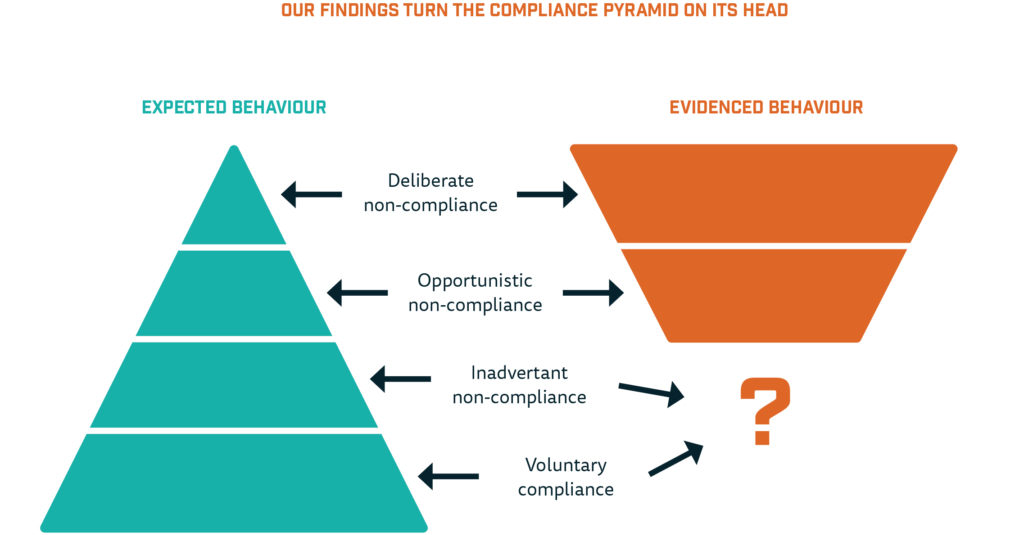Report
FISH-i Africa: Our future
A new report from Stop Illegal Fishing takes a look at the work of the FISH-i Africa Task Force and focuses attention on the actions and cooperation that are still needed to tackle illegal fishing in the Western Indian Ocean.
Sandy Davies, Stop Illegal Fishing commented “The scale and extent of illegal activity in the Western Indian Ocean has come as a real surprise to all of those involved in FISH-i Africa. We started out with the expectation that most operators set out to comply with rules, or opportunistically took advantage of gaps and loopholes. But what the FISH-i investigations and analysis have shown is that in fact there are a significant number of operators who set out, deliberately and systematically to act illegally. They do this through falsifying information, forging documents, hiding company information behind secretive shelf companies and flags of non-compliance. Even when caught red handed it is difficult for coastal States to exercise effective sanctions and penalties as vessels routinely abscond from authorities, change name and change flag.”

‘FISH-i Africa: Our future’ sets out a real agenda for change; looking at the roles and responsibilities that port, flag, coastal and market States can play. Nicholas Ntheketha, Chair of FISH-i states, “FISH-i has been a big success and has achieved real cooperation with tangible results, but as we look forward we see the need to develop this cooperation further, we need to incorporate greater contact and communication with key port and flag States and we need to make sure that we have strong cooperation with all the relevant authorities at the national level.”
Stop Illegal Fishing Chairperson Elsa da Gloria Patria welcomed the publication, “FISH-i Africa and the VIGILANCE programme offer a great opportunity to clean up the illegal activity that is taking place in the fisheries sector. Our countries and our people rely on the ocean for their livelihoods and their development we need to make sure that our resources are protected, and our blue economies get a chance to thrive.”